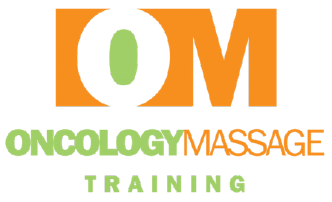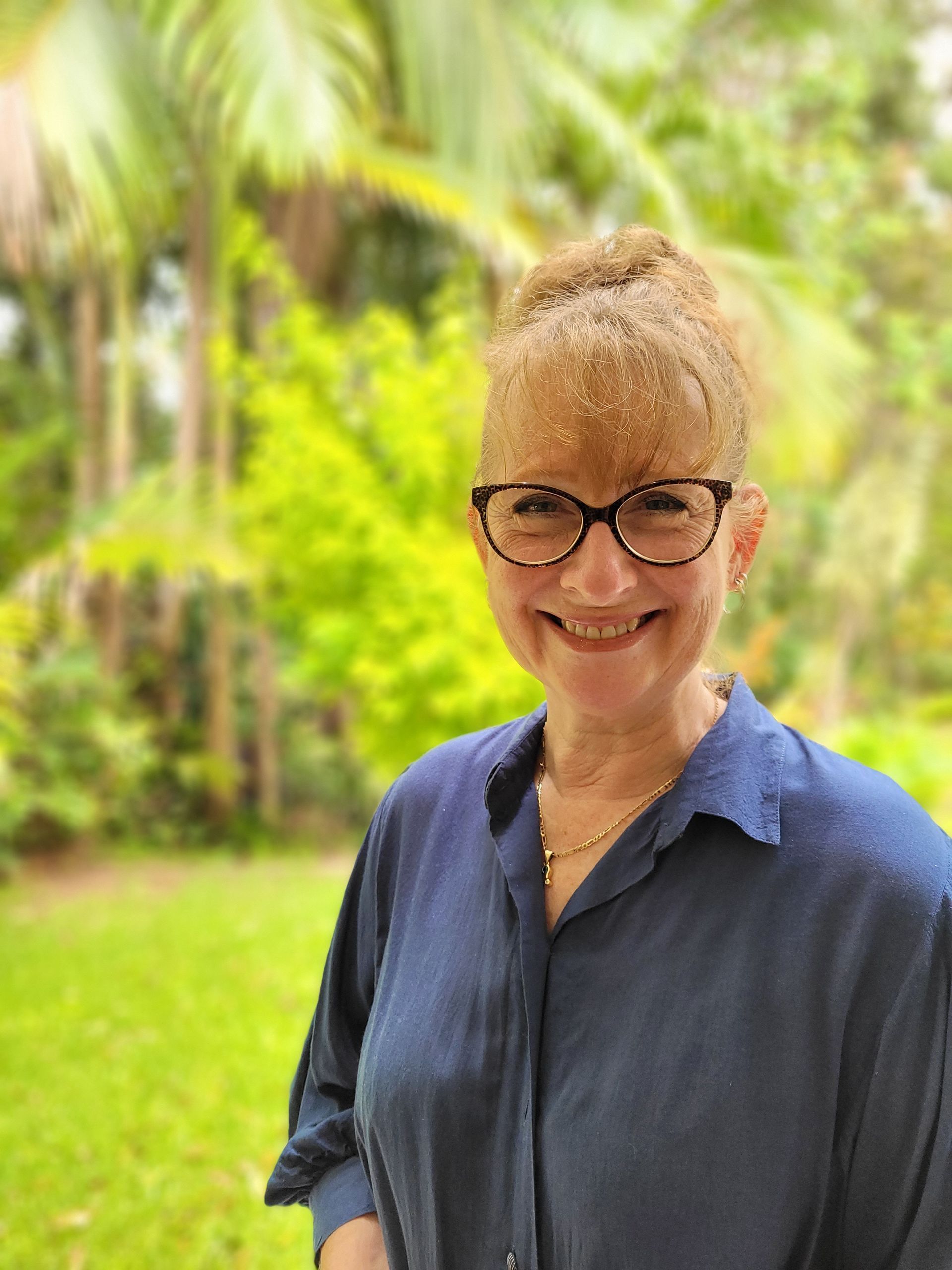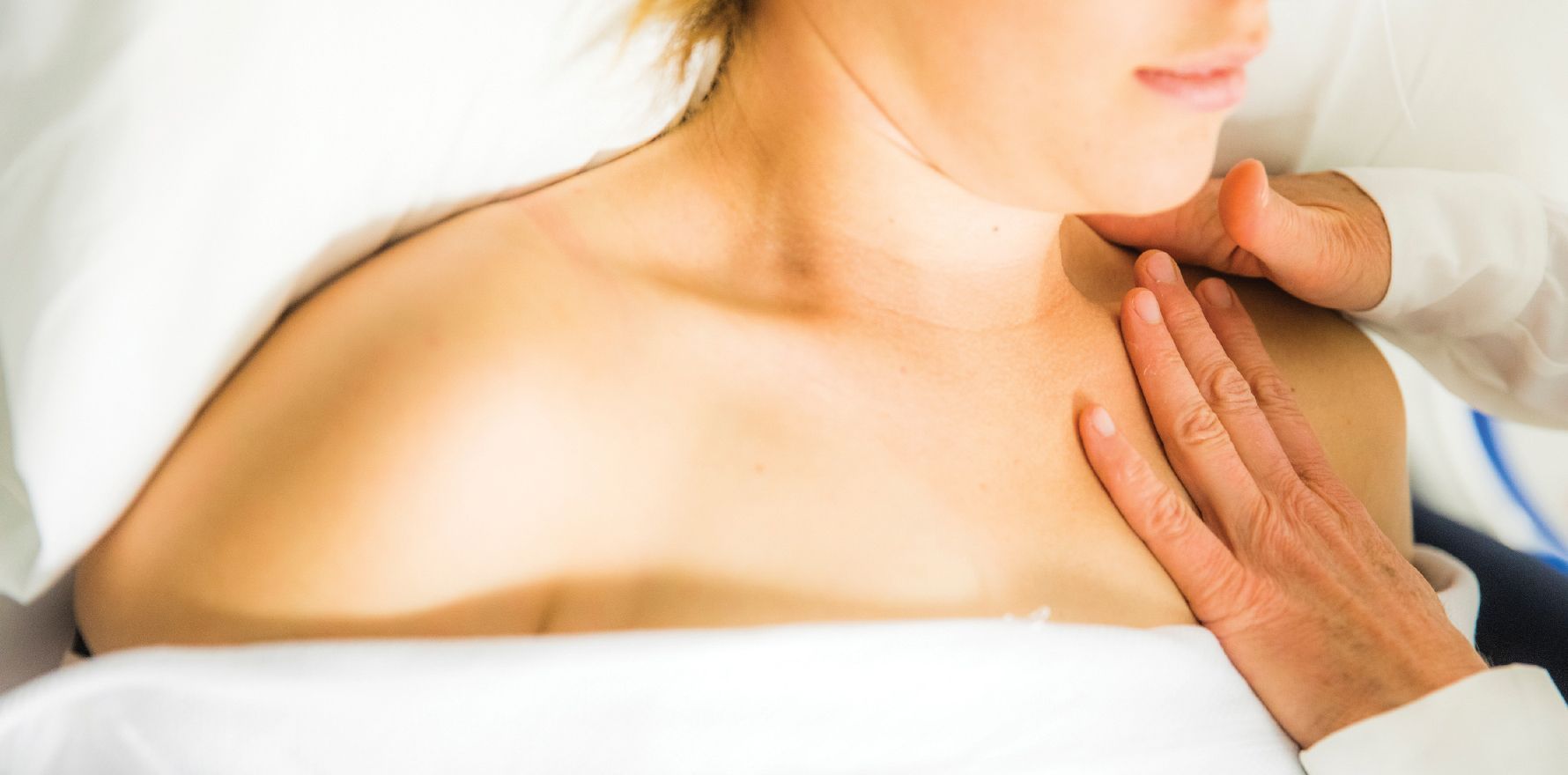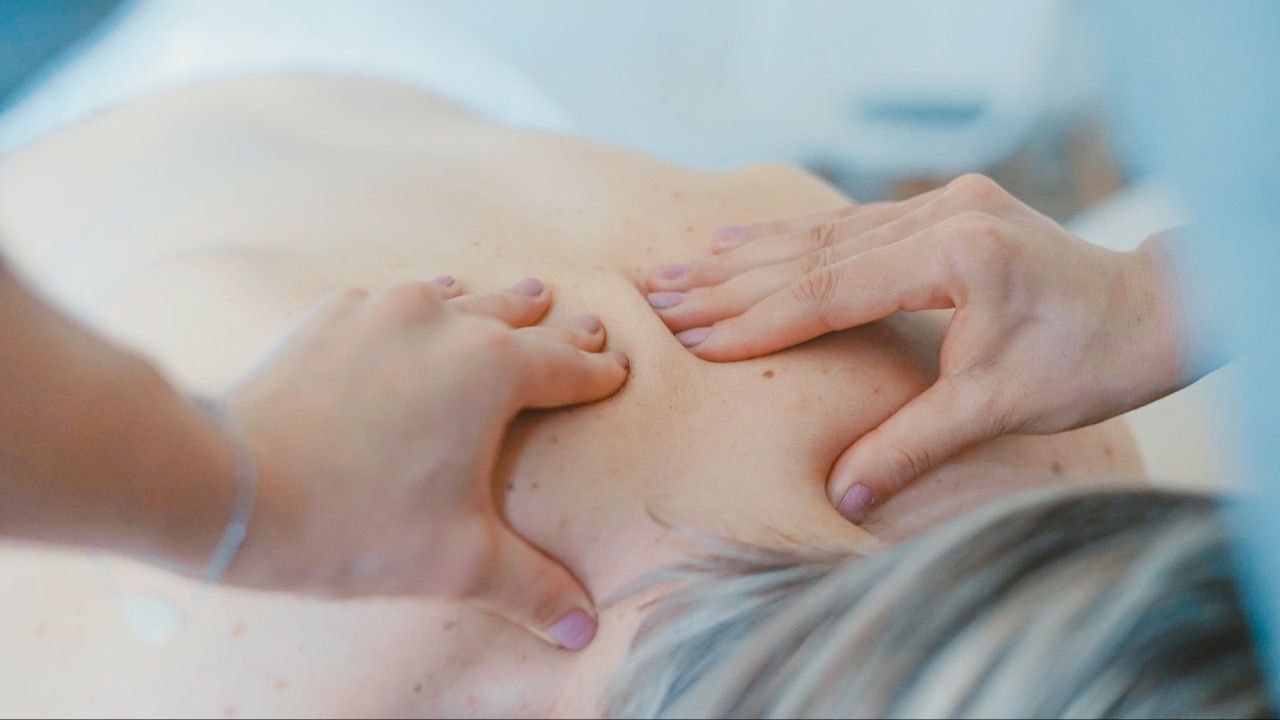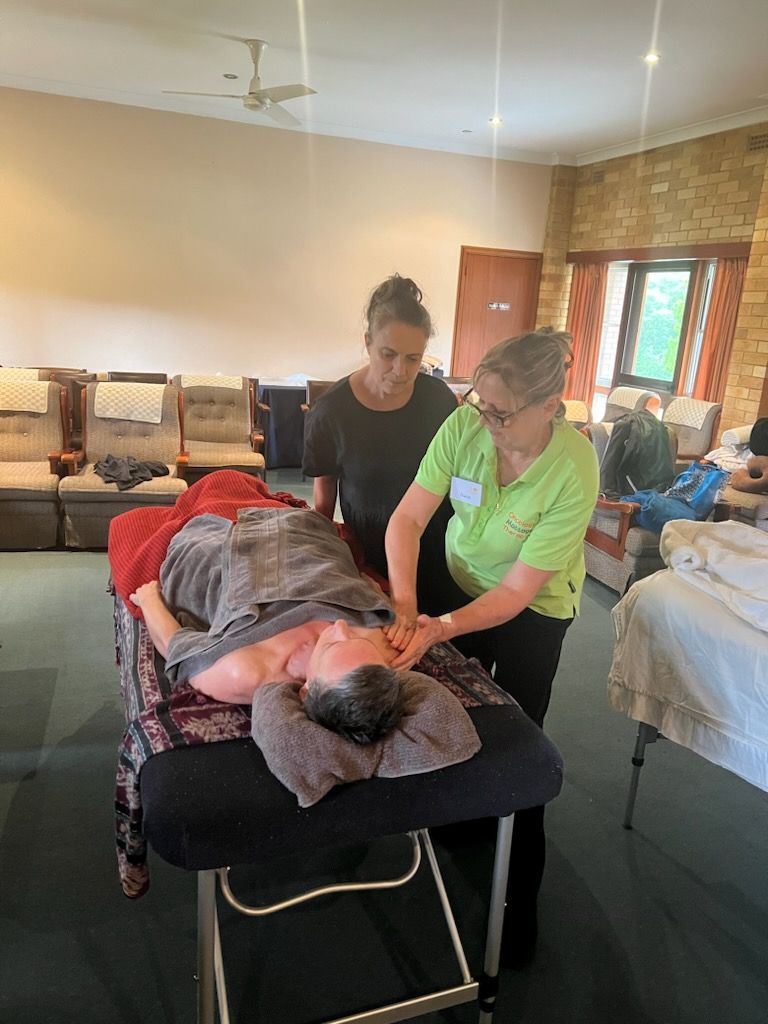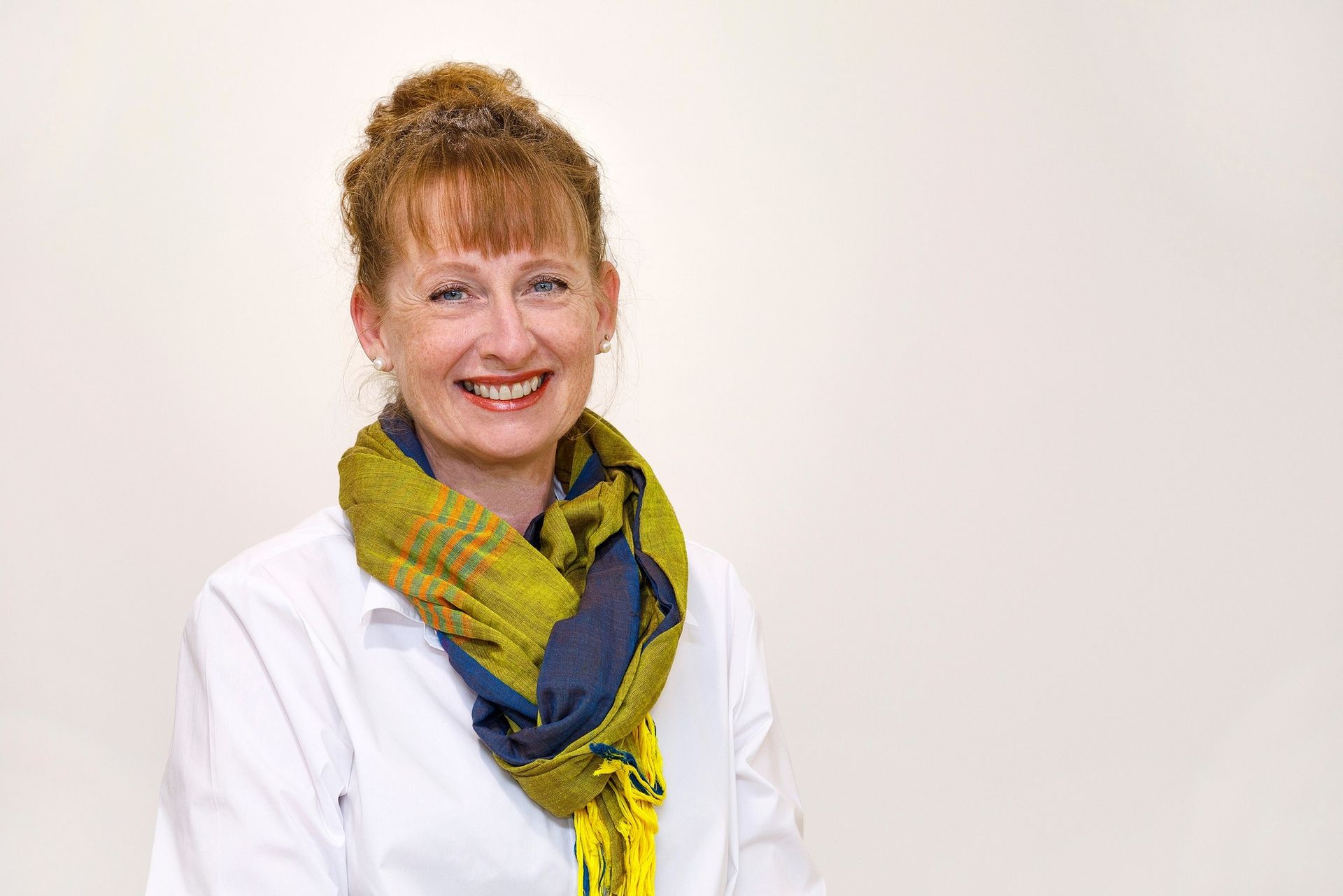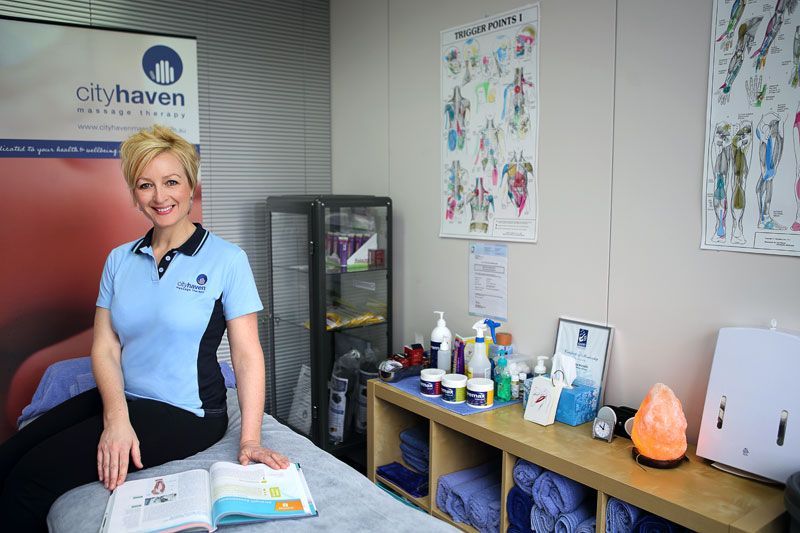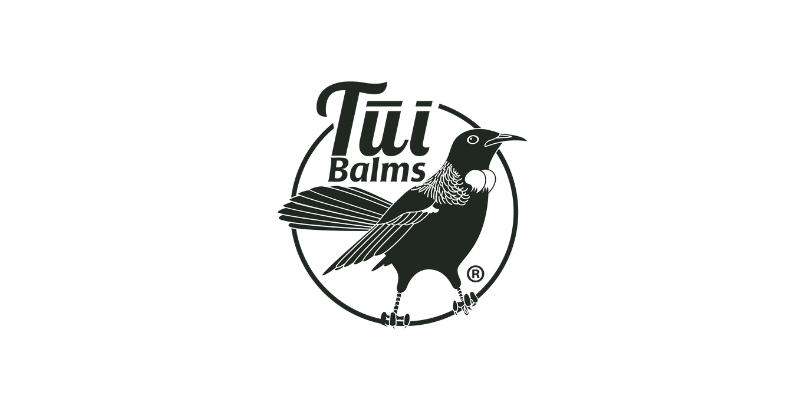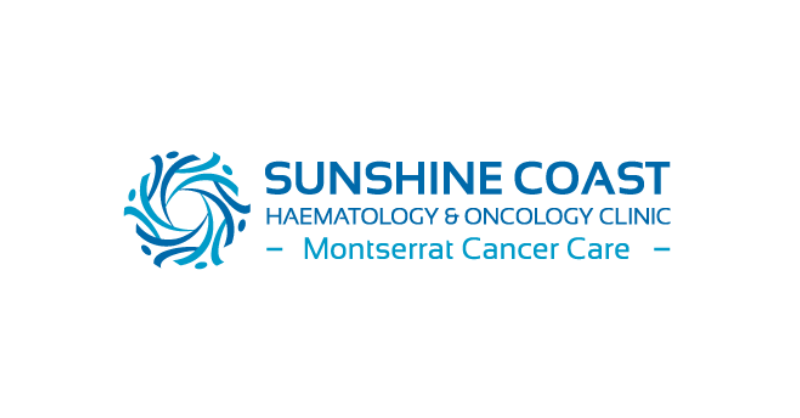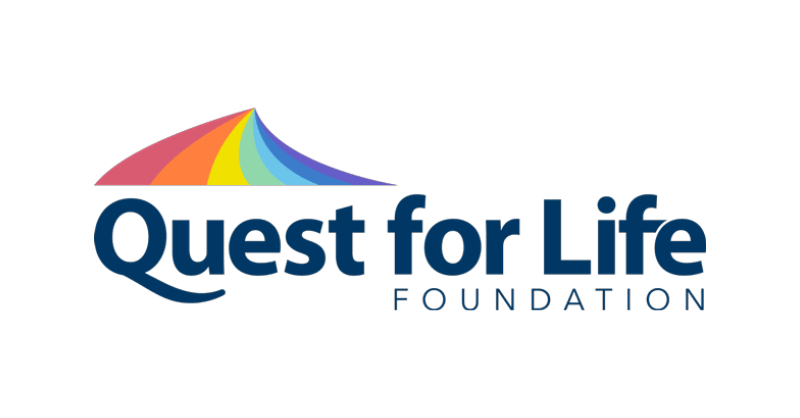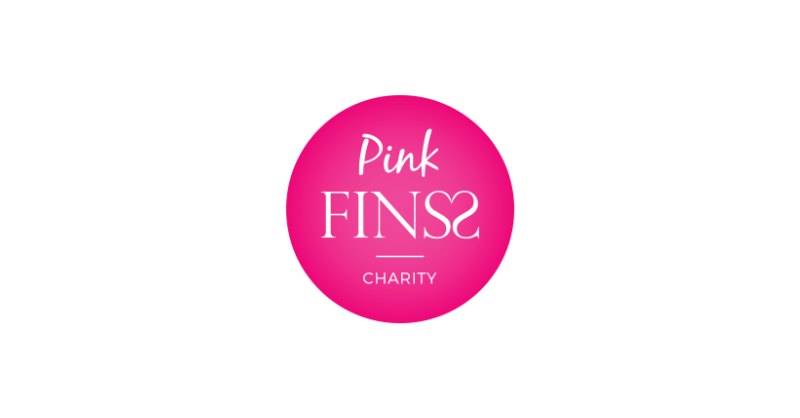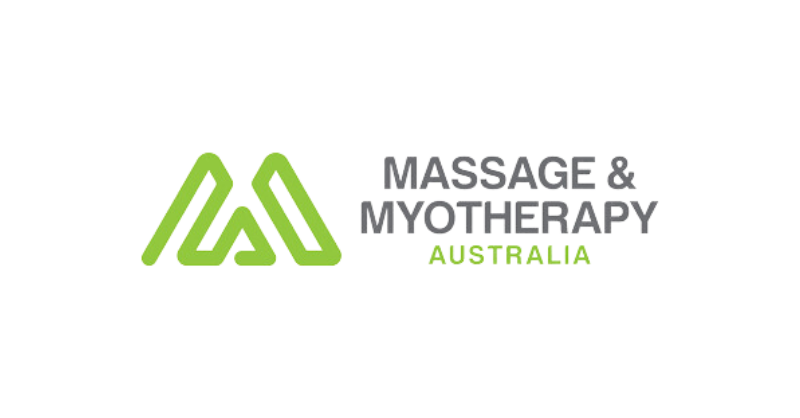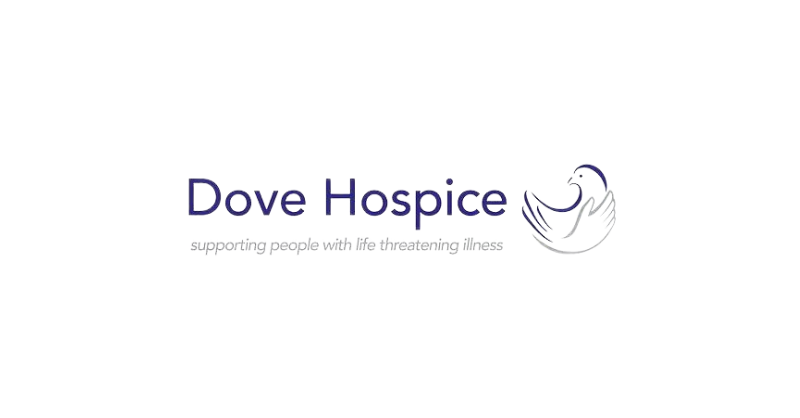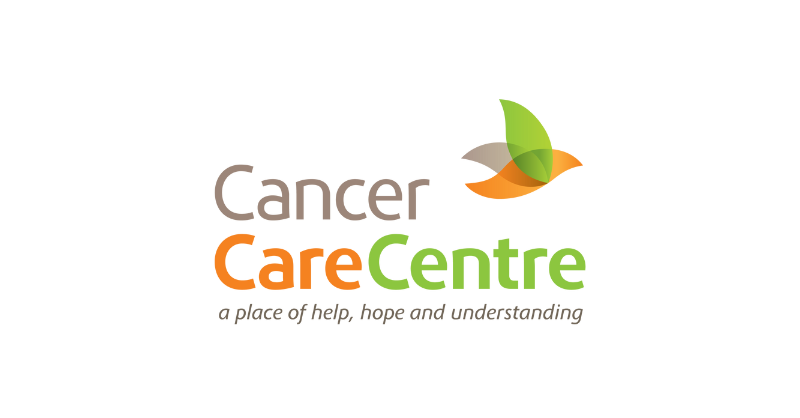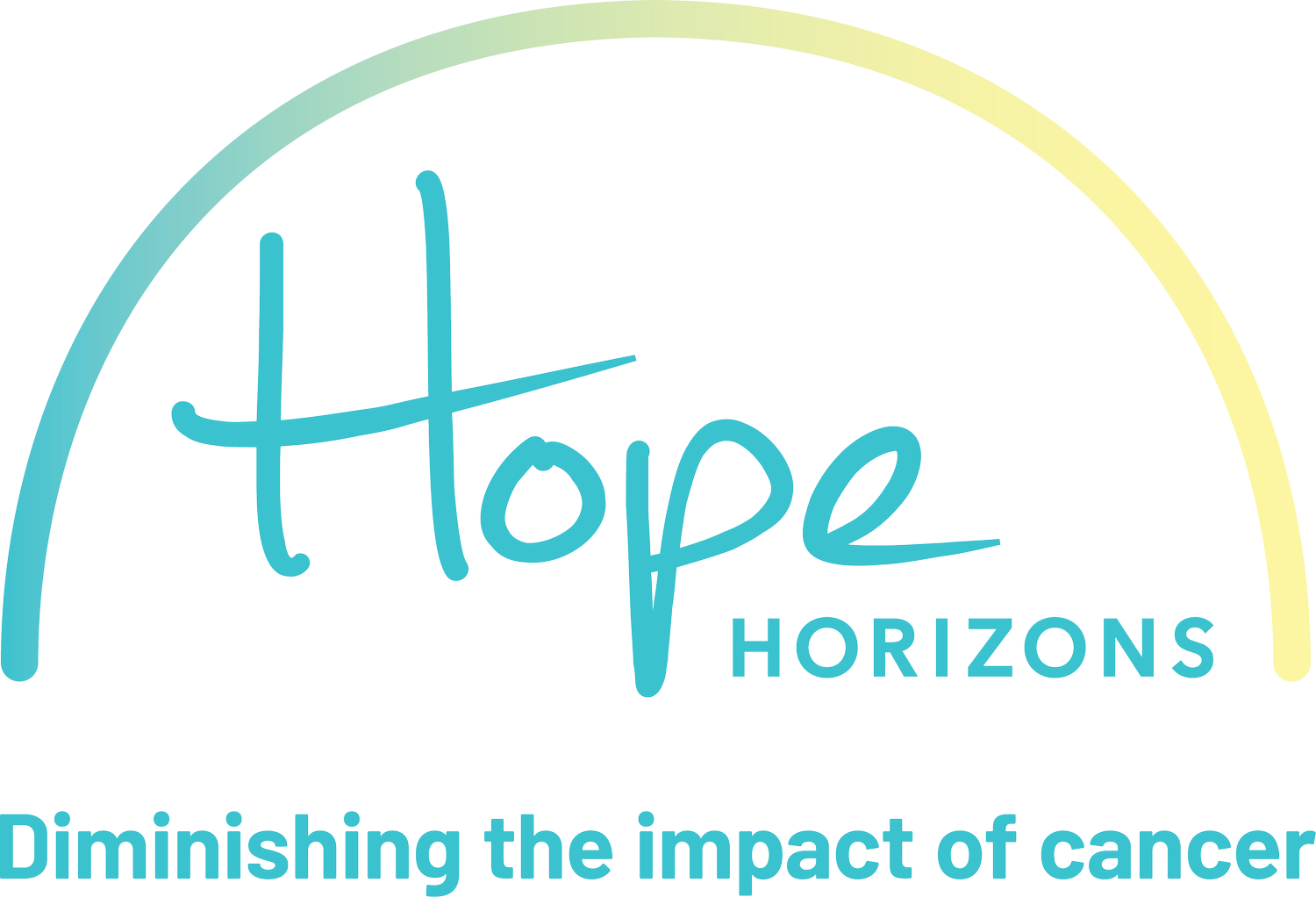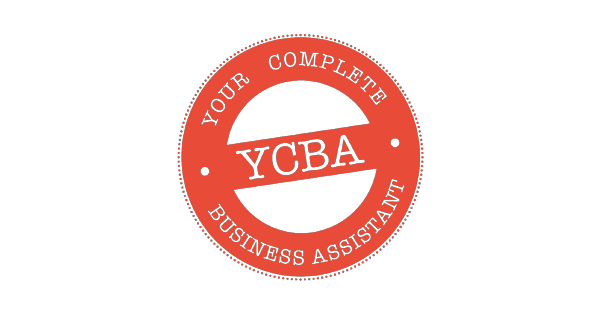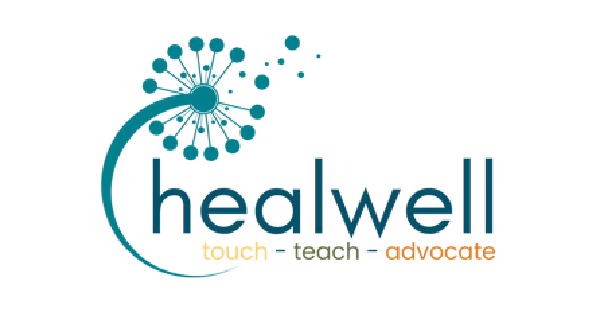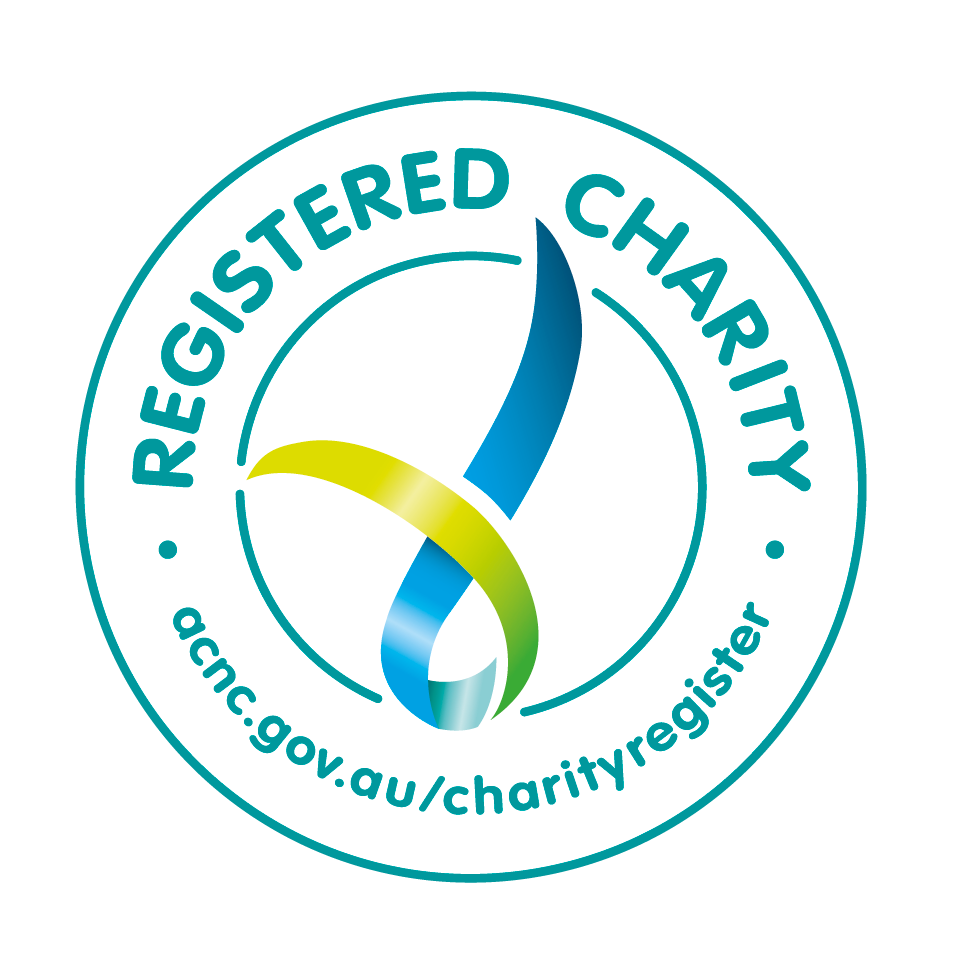Evidence for Oncology Massage
Massage & Cancer
Integrative Oncology in Australia 2016: Mapping Service Provision and Exploring Unmet Needs
Smith, C., Hunter, J., Ussher, J. M., Delaney, G., Grant, S., Templeman, K., Parton, C., Kellett, A. (2017)
Australian organisations are increasingly providing Integrative Oncology (IO) services, signalling the need for clearer national guidance and polices. Discrepancies continue between what cancer survivors are doing or seeking, and the IO services they can access. Survivorship and wellness clinics are in urgent need of development. Coordinated strategic planning between all providers and insurers is required if the long-term needs of cancer survivors are to be adequately and equitably met.
Greenlee H1,2, DuPont-Reyes MJ3, Balneaves LG4, Carlson LE5, Cohen MR6,7, Deng G8, Johnson JA9, Mumber M10, Seely D11,12, Zick SM13,14, Boyce LM15, Tripathy D16.
CA Cancer J Clin. 2017 May 6;67(3):194-232. doi: 10.3322/caac.21397. Epub 2017 Apr 24
Patients with breast cancer commonly use complementary and integrative therapies as supportive care during cancer treatment and to manage treatment-related side effects. However, evidence supporting the use of such therapies in the oncology setting is limited. This report provides updated clinical practice guidelines from the Society for Integrative Oncology on the use of integrative therapies for specific clinical indications during and after breast cancer treatment, including anxiety/stress, depression/mood disorders, fatigue, quality of life/physical functioning, chemotherapy-induced nausea and vomiting, lymphedema, chemotherapy-induced peripheral neuropathy, pain, and sleep disturbance. Clinical practice guidelines are based on a systematic literature review from 1990 through 2015. Music therapy, meditation, stress management, and yoga are recommended for anxiety/stress reduction. Meditation, relaxation, yoga, massage, and music therapy are recommended for depression/mood disorders. Meditation and yoga are recommended to improve quality of life. Acupressure and acupuncture are recommended for reducing chemotherapy-induced nausea and vomiting. Acetyl-L-carnitine is not recommended to prevent chemotherapy-induced peripheral neuropathy due to a possibility of harm. No strong evidence supports the use of ingested dietary supplements to manage breast cancer treatment-related side effects. In summary, there is a growing body of evidence supporting the use of integrative therapies, especially mind-body therapies, as effective supportive care strategies during breast cancer treatment. Many integrative practices, however, remain understudied, with insufficient evidence to be definitively recommended or avoided.
Billhult A1, Lindholm C, Gunnarsson R, Stener-Victorin E.
Auton Neurosci. 2009 Oct 5;150(1-2):111-5. doi: 10.1016/j.autneu.2009.03.010. Epub 2009 Apr 18.
A single full-body light pressure effleurage massage has a short-term effect on NK cell activity, systolic blood pressure and heart rate in patients with breast cancer. However, the long-term clinical importance of these findings needs to be further investigated.
Natural killer cells and lymphocytes increase in women with breast cancer following massage therapy
Hernandez-Reif M, Field T, Ironson G, Beutler J, Vera Y, Hurley J, Fletcher MA, Schanberg S, Kuhn C, Fraser M.
Int J Neurosci. 2005 Apr;115(4):495-510.
Women diagnosed with breast cancer received massage therapy or practiced progressive muscle relaxation (PMR) for 30-min sessions 3 times a week for 5 weeks or received standard treatment. The massage therapy and relaxation groups reported less depressed mood, anxiety, and pain immediately after their first and last sessions. By the end of the study, however, only the massage therapy group reported being less depressed and less angry and having more vigor. Dopamine levels, Natural Killer cells, and lymphocytes also increased from the first to the last day of the study for the massage therapy group. These findings highlight the benefit of these complementary therapies, most particularly massage therapy, for women with breast cancer.
Massage therapy for symptom control: outcome study at a major cancer center
Cassileth BR, Vickers AJ.
J Pain Symptom Manage. 2004 Sep;28(3):244-9
Massage is increasingly applied to relieve symptoms in patients with cancer. This practice is supported by evidence from small randomized trials. No study has examined massage therapy outcome in a large group of patients. At Memorial Sloan-Kettering Cancer Center, patients report symptom severity pre- and post-massage therapy using 0-10 rating scales of pain, fatigue, stress/anxiety, nausea, depression and "other." Changes in symptom scores and the modifying effects of patient status (in- or outpatient) and type of massage were analyzed. Over a three-year period, 1,290 patients were treated. Symptom scores were reduced by approximately 50%, even for patients reporting high baseline scores. Outpatients improved about 10% more than inpatients. Benefits persisted, with outpatients experiencing no return toward baseline scores throughout the duration of 48-hour follow-up. These data indicate that massage therapy is associated with substantive improvement in cancer patients' symptom scores.
Breast cancer patients have improved immune and neuroendocrine functions following massage therapy
Hernandez-Reif M, Ironson G, Field T, Hurley J, Katz G, Diego M, Weiss S, Fletcher MA, Schanberg S, Kuhn C, Burman I.
J Psychosom Res. 2004 Jul;57(1):45-52.
Women with Stage 1 and 2 breast cancer may benefit from thrice-weekly massage therapy for reducing depressed mood, anxiety, and anger and for enhancing dopamine, serotonin, and NK cell number and lymphocytes.
Massage & End of Life Care
Patients' Autonomy at the End of Life: A Critical Review
Houska A, Loučka M.
J Pain Symptom Manage. 2019 Jan 3. pii: S0885-3924(18)31487-8. doi: 10.1016/j.jpainsymman.2018.12.339. [Epub ahead of print] Review.
This systematic review of 27 studies examined autonomy at the end of life based on patients’ preferences. The aim was to develop an evidence-based model of autonomy in this context. Studies providing data gained from family members were excluded because the aim was to capture definitions of autonomy from the patients’ perspective. Analysis of the qualitative and quantitative studies defined two core structural domains of autonomy from the patient perspective at the end of life: ‘being normal’ and ‘taking charge’. The authors discuss elements within these domains that provide important insights. In terms of ‘being normal’ good management of current and future symptoms and of dying itself were strongly supported as important, and for many human touch and the ability to continue in normal daily activities also rated highly. ‘Taking charge’ centred on the need for active control over one’s own life and included maintaining respect and dignity, as well as control over preparation for death and the dying process. The authors conclude that autonomy should not be reduced to decision-making alone and provide insights on how autonomy might be better supported.
Massage & Self Care
Rapaport MH, Schettler P, Bresee C, (2012) A preliminary study of the effects of repeated massage on hypothalamic-pituitary-adrenal and immune function in healthy individuals: A study of mechanisms of action and dosage. J. Alternative and Complementary Medicine 18(8): 789-797
Rapaport MH, Schettler P, Bresee C, (2010) A preliminary study of the effects of a single session of Swedish massage on hypothalamic-pituitary-adrenal and immune function in normal individuals. J. Alternative and Complementary Medicine 16: 1079-1088
Last Updated: 3/Apr/2019
